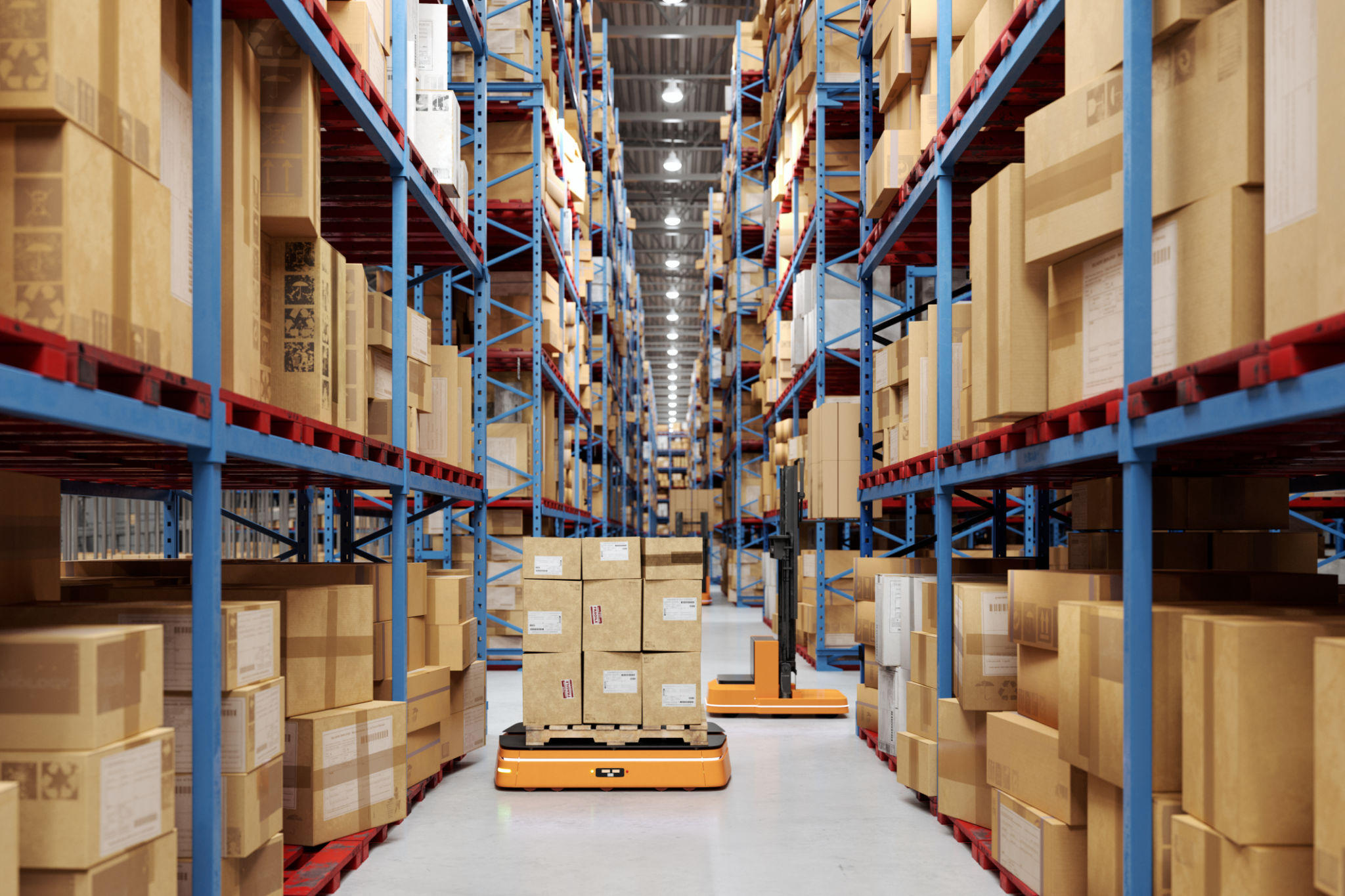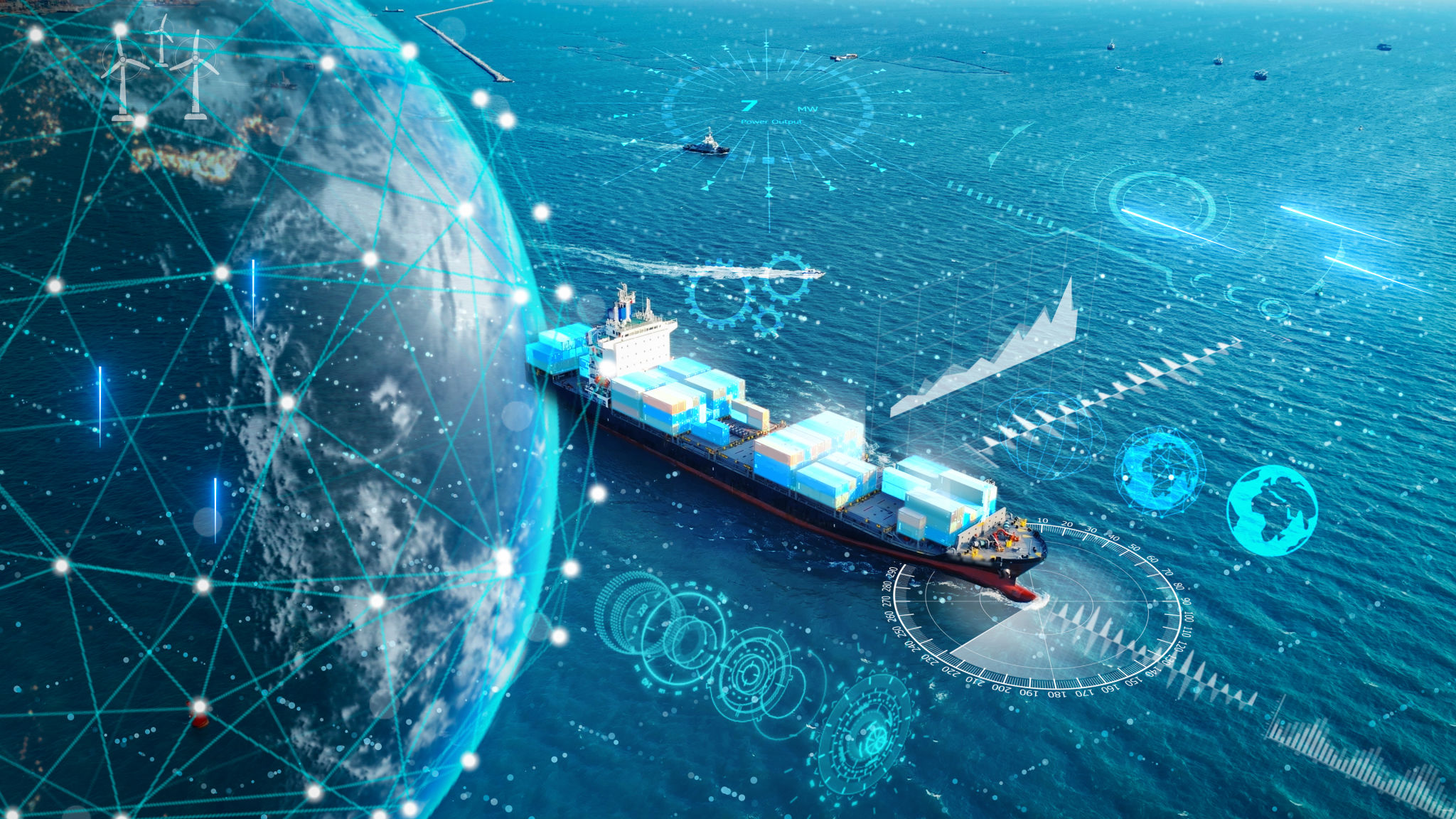Enhancing Logistics with AI: The Key to Optimal Cross-Border Operations
Revolutionizing Logistics with AI
In today's fast-paced global market, cross-border operations present both opportunities and challenges for businesses. The logistics industry is at a pivotal point, where the integration of Artificial Intelligence (AI) promises not only to enhance efficiency but also to drive innovation. By leveraging AI, companies can optimize their supply chain, improve delivery times, and reduce costs, ultimately gaining a competitive edge.

The Role of AI in Predictive Analytics
One of the most significant benefits of AI in logistics is its ability to perform predictive analytics. By analyzing vast amounts of data, AI systems can predict demand patterns and potential disruptions. This capability allows companies to proactively manage inventory levels and choose the best shipping routes. As a result, businesses can ensure that products are delivered on time, even across international borders.
Predictive analytics powered by AI can also help in anticipating customs delays. By understanding historical data and current geopolitical landscapes, AI systems provide forecasts that help logistics managers make informed decisions. This foresight is crucial in maintaining seamless operations and avoiding costly hold-ups at borders.
Enhancing Operational Efficiency
AI-driven automation is transforming the logistics domain by enhancing operational efficiency. Through the use of AI-powered robots and autonomous vehicles, warehouses are becoming significantly more efficient. These technologies facilitate faster sorting, packing, and distribution of goods. Moreover, AI enables real-time tracking and route optimization, ensuring that shipments take the fastest and most cost-effective paths.

The integration of AI in logistics also streamlines communication across different stakeholders in the supply chain. Automated systems can provide real-time updates to all parties involved, reducing the need for manual intervention and minimizing the risk of human error.
Improving Customer Experience
Customer expectations have evolved dramatically, with speed and accuracy becoming paramount. AI helps meet these demands by providing accurate delivery estimates and enabling personalized customer interactions. Through data analysis, AI can predict consumer preferences and tailor services to meet individual needs.
A seamless customer experience is further enhanced by AI's ability to provide proactive notifications. Customers receive updates on their shipment status, including any potential delays or changes in delivery times. This transparency fosters trust and confidence in the logistics provider.

AI and Sustainable Logistics
Sustainability is increasingly becoming a priority in logistics, as companies strive to reduce their carbon footprint. AI plays a crucial role in achieving this goal by optimizing routes to minimize fuel consumption and emissions. Additionally, AI can help in designing energy-efficient warehouses and implementing eco-friendly practices throughout the supply chain.
By using AI to monitor and analyze environmental impact, companies can implement more sustainable logistics strategies. This not only benefits the planet but also enhances brand reputation among environmentally conscious consumers.
The Future of Cross-Border Logistics
The potential of AI in revolutionizing cross-border logistics is immense. As technology continues to advance, we can expect even greater innovations that will further streamline global trade operations. From blockchain integration for secure transactions to advanced machine learning models for dynamic pricing, the future holds endless possibilities.
Embracing AI in logistics is no longer an option but a necessity for companies aiming to thrive in the global marketplace. By adopting these cutting-edge technologies today, businesses can position themselves at the forefront of a rapidly evolving industry.

